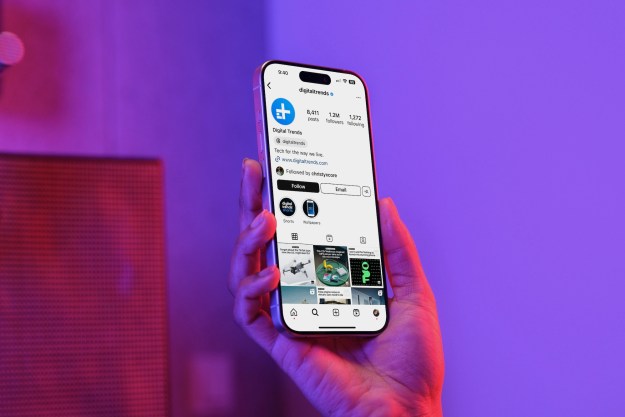
The biggest claim the group is making has to do with T-Mobile’s Equipment Installment Plans, or EIP. After the carrier famously got rid of its two-year contracts, T-Mobile introduced EIP so consumers could pay off the full price of the phone in the span of 24 months, without having to pay any interest. The 24-month financing agreement is required, but customers can pay off the rest of the phone earlier, should they wish to. Canceling your T-Mobile subscription or trying to upgrade during your agreement will force you to pay the balance of the phone owed.
Say you bought a Samsung Galaxy S6, which costs $580 upfront or $24.17 a month for 24 months. You’ve made 12 months of that payment, which equals to $290.04, but now you want to cancel your subscription and switch carriers — you’ll have to pay the amount equal to the remainder of the last 12 months of the financial agreement immediately.
This pricing method is nothing surprising, as every major carrier offers the same deal. On AT&T, the financial agreement extends to 30 months, while Verizon and Sprint resemble T-Mobile’s plan of 24 months. Google offers the same option through Project Fi when you buy a Nexus 6, 6P, or 5X. It’s just an easier option of paying off a smartphone over time, rather than in one lump sum.
Change to Win is taking issue with T-Mobile’s “no contract” marketing strategy, saying it is “misleading because a customer’s cancellation of his wireless service before two years makes the amount remaining on the EIP immediately due — a fee that is often larger than the penalties associated with early termination of a traditional two-year service contract.”
It’s not the first time Change to Win has had T-Mobile in its crosshairs — last December, the organization requested an investigation into T-Mobile for sending aggressive debt collectors to customers that didn’t pay the remaining balance of their EIP.
The complaint about paying off the EIP immediately should a customer choose to break the financial agreement mostly revolves around the fact that sometimes the consumer may have to pay more than if they broke a two-year contract with early-termination fees, and that T-Mobile doesn’t properly advertise that.
Change to Win also spotlights the Contract Freedom, a program where T-Mobile offers to pay customers’ early-termination fees from the carrier they switch from.
“What T-Mobile only discloses in fine print is that it does not pay the ETF to the previous wireless carrier, but rather reimburses qualified customers who follow the company’s reimbursement procedures with a prepaid card,” according to the complaint.
Change to Win says consumers have reported that reimbursements have taken significantly longer than the specified eight weeks, and that some have never even received a reimbursement at all. The complaint also says that consumers have been added to services like the Jump! Insurance and Upgrade program, or have had additional lines added to their subscription without their knowledge or consent.
“A number of customers also reported challenges when they sought to disenroll in these services,” according to the complaint.
Filing a complaint doesn’t mean the FCC will launch an investigation into T-Mobile, but it certainly brings to light a few issues consumers have with the Un-carrier. As of publication, T-Mobile and the FCC haven’t responded to Change to Win’s complaint.
Editors' Recommendations
- T-Mobile agrees to pay big bucks for last year’s 911 outage
- The FCC has officially approved the merger between T-Mobile and Sprint

